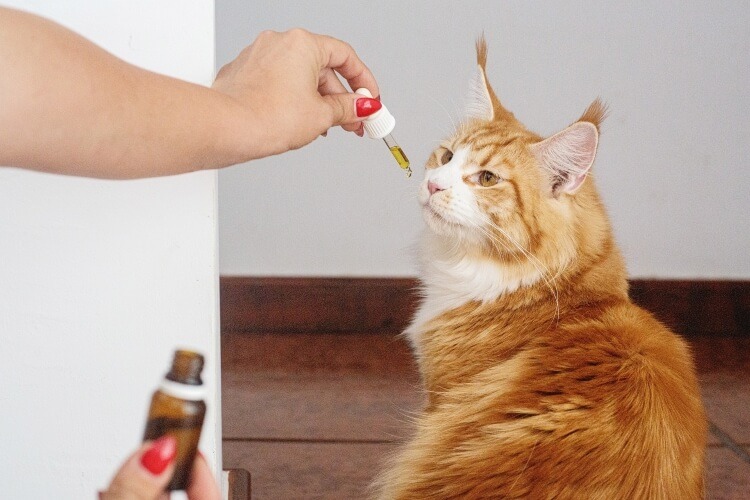Cats are one of the most popular pets worldwide, and like any living creature, they are prone to illnesses and ailments. While conventional treatments are effective, they can be expensive and come with a long list of side effects.
Therefore, natural remedies for common cat ailments can provide a safer and more effective alternative for treating our furry companions.

In this article, we will explore some common cat ailments and their causes, as well as natural remedies that can be used to treat them.
From digestive issues to respiratory problems, skin conditions, and urinary tract infections, natural remedies can provide a gentle and affordable way to keep our cats healthy and happy.
Importance of using natural remedies for cat ailments
It appears sense that you would want to provide your feline friend the best care possible if you are a devoted cat owner. Although conventional treatments have a history of success, they can be costly and can have a long list of side effects.
Natural therapies can help with that. Natural cures for common feline maladies can offer gentle, effective healing without the negative side effects of pharmaceutical drugs.
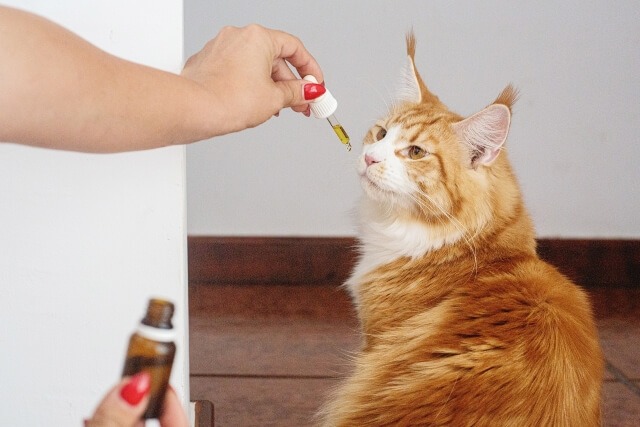
Furthermore, natural medicines frequently make use of inexpensive and widely available components. Natural medicines provide a secure and efficient way to maintain your cat’s health and happiness, from calming upset tummies to boosting immune systems.
Common cat ailments and their causes
Cats are renowned for being strong creatures, yet just like any other living thing, they are susceptible to diseases and disorders. Respiratory infections, urinary tract infections, dental problems, obesity, and skin allergies are a few frequent cat diseases.
Numerous things, including bacterial or viral infections, a poor diet, inactivity, environmental factors, and heredity, can contribute to the development of these disorders. For instance, germs or viruses that are easily transferred between cats frequently cause respiratory illnesses.

Stress, a bad diet, and inadequate hydration are just a few of the causes of urinary tract infections. In order to provide their beloved friends the best treatment possible, cat owners need to be knowledgeable about these common illnesses and their causes.
Explanation of the causes and symptoms of each ailment
Cats may suffer from a number of common illnesses. One such condition is a feline upper respiratory infection, which can result in sneezing, runny noses, and fever and is brought on by a virus or bacteria.
Urinary tract infections are another common condition that can result in frequent urination, difficulty urinating, and blood in the urine. They can be brought on by bacterial infections, bladder stones, or tumors. Cats are also prone to skin allergies, which can result in itching, rashes, and hair loss.
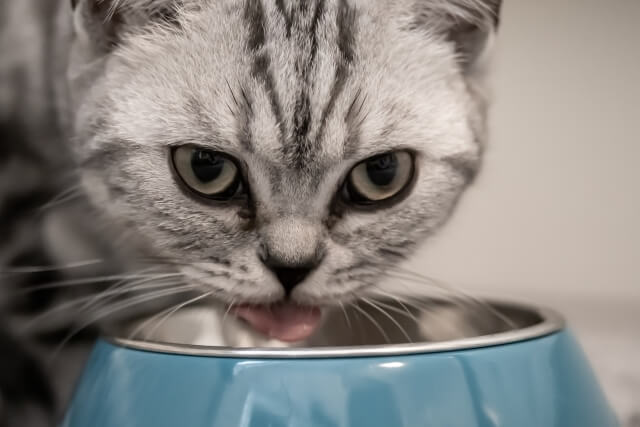
These allergies are frequently brought on by flea bites, food allergies, or environmental irritants. Knowing the causes and signs of these conditions can help cat owners spot them and treat them right away, making their feline friend happier and healthier.
Natural remedies for cat ailments
Common cat diseases can sometimes be successfully and safely treated with natural therapies. Probiotics can benefit people with digestive difficulties by enhancing gut health. Additionally, a teaspoon of canned pumpkin can help with digestion and bowel control.
A humidifier or eucalyptus oil added to a diffuser might help clear up congestion for respiratory problems. A cat’s respiration can be soothed and calmed by chamomile tea.
To alleviate skin irritations and encourage healthy fur, use coconut oil. Natural cures are a preventative step for your animal buddy because regular grooming and a healthy diet can stop many common illnesses.
Home remedies for digestive issues (e.g., constipation, diarrhea)
Constipation and diarrhea are two digestive disorders that can cause your cat pain and discomfort. Fortunately, there are a number of natural therapies you can apply to lessen their suffering. Pumpkin or plain, unsweetened yogurt can be added to the diet to help people with constipation control their bowel movements.
Offering wet food or a cat water fountain can also assist increase their water intake. Boiling white rice and adding boiling chicken or turkey can help a person with diarrhea feel better.
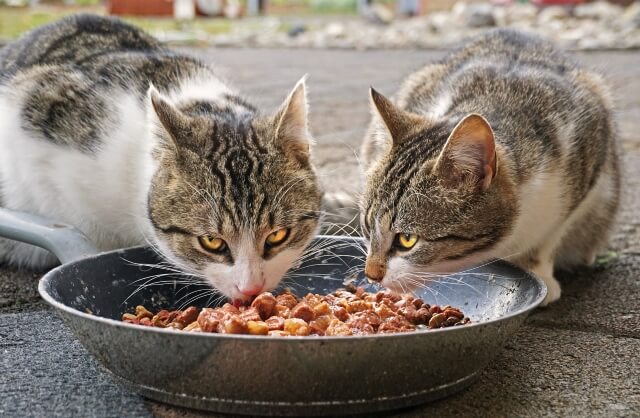
To aid in digestion, you could also try putting a tiny bit of pureed pumpkin or probiotics in their food. Always seek advice from your veterinarian before attempting any home cures.
Herbal remedies for respiratory problems (e.g., asthma, cough)
Herbal remedies have been used for centuries to treat respiratory problems in both humans and animals. For cats suffering from asthma or cough, natural remedies such as licorice root, mullein, and catnip can provide relief.
Licorice root is known for its anti-inflammatory properties and can help soothe irritated airways.
Mullein is a natural expectorant that can help clear mucus and reduce coughing. Catnip, a member of the mint family, can act as a natural sedative and help relax the muscles of the airway.
These natural remedies can be used alone or in combination to help improve respiratory function and provide relief to cats with respiratory problems. However, it’s important to consult with a veterinarian before using any herbal remedies.
Topical remedies for skin conditions (e.g., fleas, allergies)
Skin conditions in cats are not only irritating but can also lead to serious health issues. Fleas, allergies, and other skin problems can be relieved with natural topical remedies. Apple cider vinegar diluted with water can be used as a spray to repel fleas and soothe irritated skin.
Aloe-vera gel can be applied topically to ease the discomfort of allergic reactions and hot spots. Coconut oil is a natural moisturizer that can be applied to dry or irritated skin.
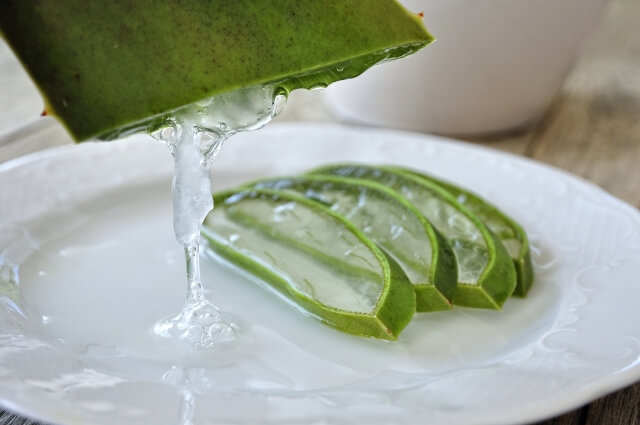
Eucalyptus oil and lavender oil can be mixed with water to make a soothing spray that can relieve itching and inflammation. These natural remedies are safe, and effective, and can help your cat feel more comfortable and healthy.

Natural remedies for urinary tract infections
Urinary tract infections (UTIs) can be a common problem for cats, causing discomfort and pain. While antibiotics are often prescribed to treat UTIs, natural remedies can also be effective. One popular remedy is cranberry, which can help prevent bacteria from sticking to the bladder wall.
D-mannose, a naturally occurring sugar, can also help flush bacteria out of the urinary tract. Other natural remedies include probiotics, which can help support a healthy balance of bacteria in the urinary tract, and herbs like uva ursi and goldenseal, which have antibacterial properties.
As with any health concern, it’s important to consult with a veterinarian to determine the best course of treatment for your cat.
Other natural remedies for common cat ailments
There are a few additional natural treatments for typical cat illnesses in addition to those already mentioned. Cleaning the ear with a vinegar and water solution in equal parts can help with ear infections.
Coconut oil can be applied to the gums and teeth to treat dental problems and support healthy teeth and gums. The cat might be given valerian root tea or supplements for anxiety and stress that contain chamomile.
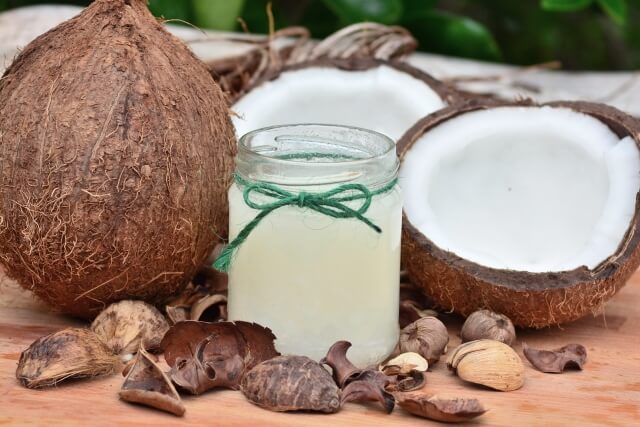
A tiny amount of turmeric and honey added to food can improve the antioxidant and anti-inflammatory effects as well as help the immune system generally. As always, before administering any novel treatments to your cat, seek advice from a veterinarian.

Precautions and considerations when using natural remedies
While natural remedies can provide relief for common cat ailments, it is essential to take precautions and consider some factors when using them.
Firstly, not all natural remedies are safe for cats, and some may even be toxic. It is crucial to research and consult with a veterinarian before administering any home remedies to your cat.
Secondly, it is important to follow the recommended dosage and frequency to prevent any adverse effects. Lastly, natural remedies may not work for all cats, and it is important to monitor your cat’s response and seek medical attention if symptoms persist or worsen.
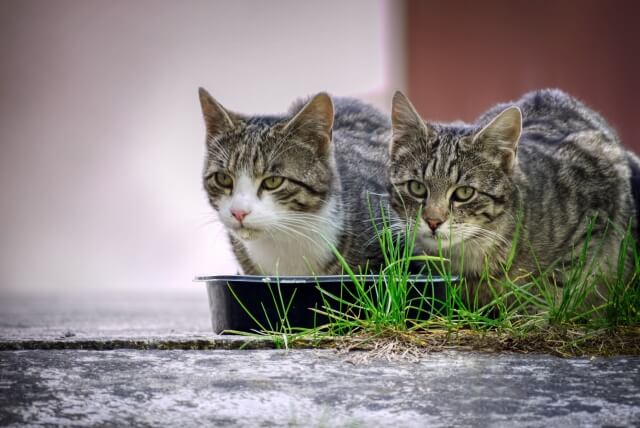
Overall, natural remedies can be effective and safe alternatives to traditional medications, but it is crucial to use them with caution and under veterinary guidance.
Prevention and general care tips
Prevention is always better than cure, and the same goes for your feline friend. Regular check-ups with the vet, a well-balanced diet, and exercise are crucial for maintaining your cat’s overall health.
It’s important to keep your cat’s living environment clean and hygienic to prevent the spread of illnesses. Giving your cat regular baths and brushing their fur can help prevent skin issues and hairballs.

Avoiding exposure to harmful chemicals and toxins is also essential for your cat’s health. And if you do notice any changes in your cat’s behavior or health, seek veterinary care promptly. With proper care and attention, you can help your cat live a happy and healthy life.
Conclusion
As a result, using natural treatments for common cat diseases can be a painless, cost-efficient, and successful method to maintain the health and happiness of our feline friends.
Knowing the causes and symptoms of the diseases and disorders that cats are susceptible to, such as respiratory infections, urinary tract infections, dental issues, obesity, and skin allergies, can help cat owners identify and treat these conditions early on.
Digestive difficulties, respiratory troubles, and skin conditions can all be treated naturally with probiotics, pumpkin, chamomile tea, coconut oil, and herbal treatments like licorice root, mullein, and catnip.
To ensure the safety and efficacy of the treatment, it is crucial to speak with a veterinarian before attempting any home cures or herbal treatments.
Using a preventative strategy that includes regular grooming and a balanced diet is the best way to go and the general health of our beloved friends can be enhanced with the use of natural treatments.
You may also like
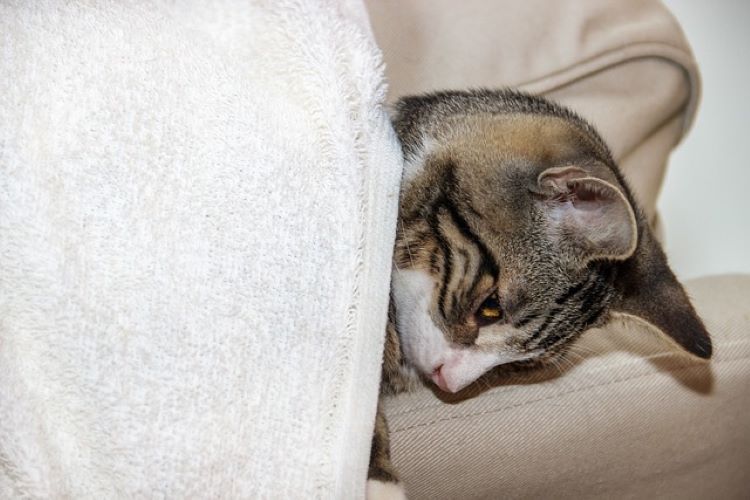
How to Recognize the Signs of a Sick Cat
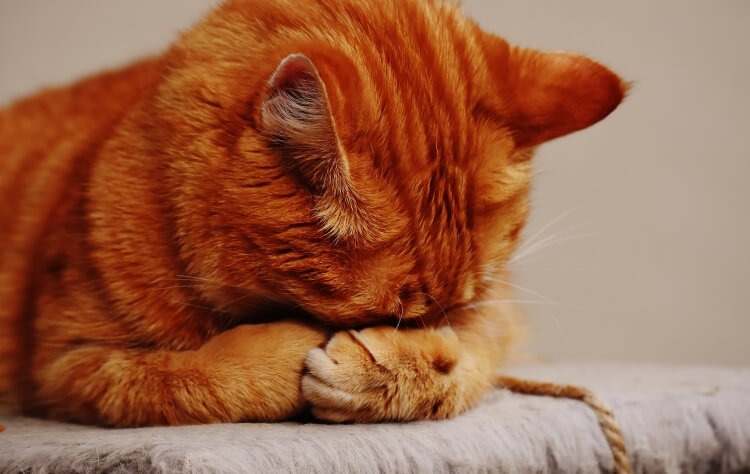
5 Common Health Issues in Cats and How to Prevent Them
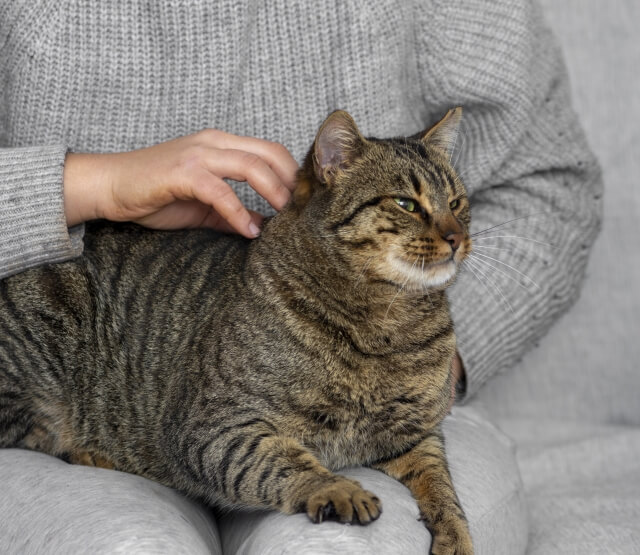
The Connection Between Your Cat’s Weight and Their Health

The Dangers of Fleas and How to Protect Your Cat
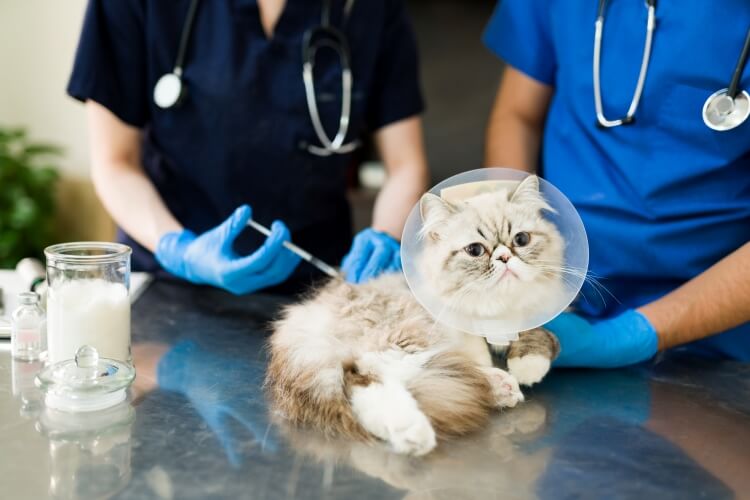
The Importance of Regular Vet Check-ups for Your Furry Friend
